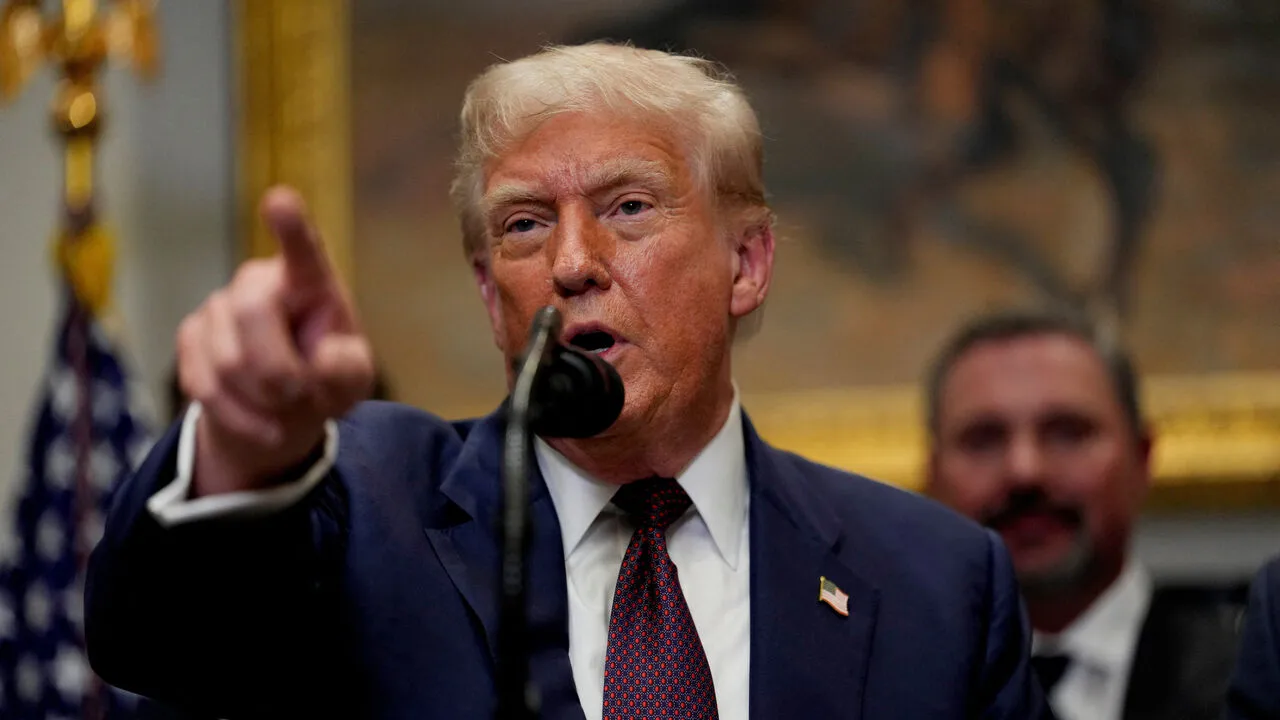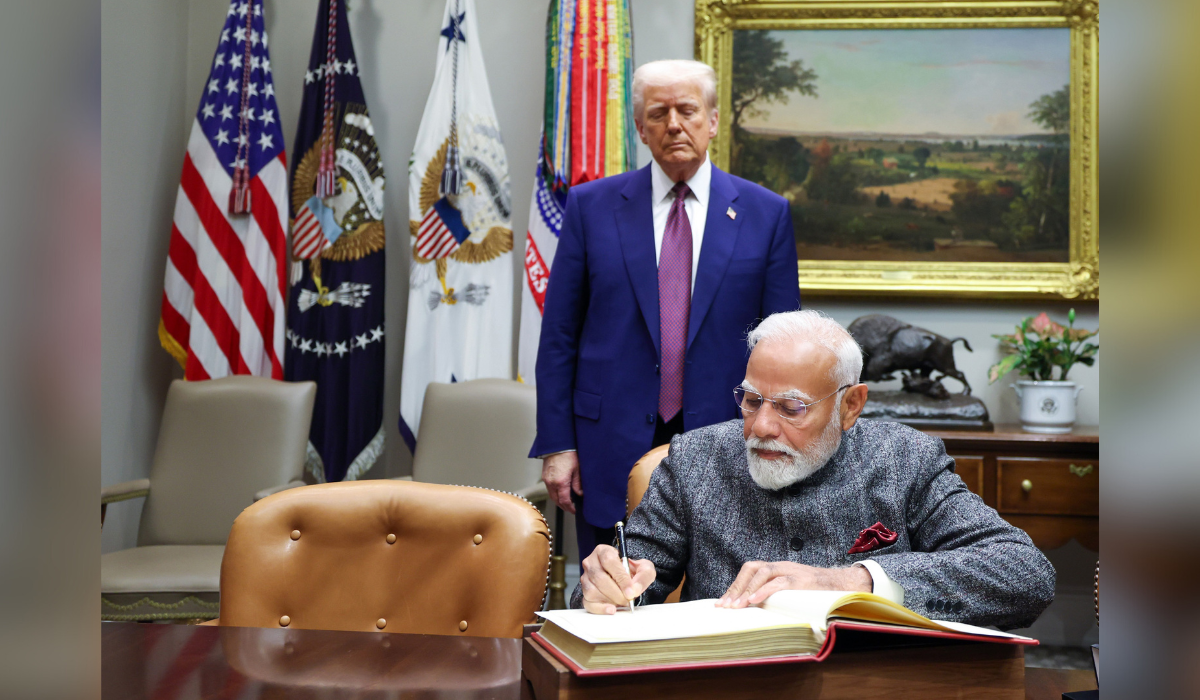

In a significant departure from its long-standing pacifist stance, Japan is poised to enter the global arms exports market, with Defense Minister Gen Nakatani expressing eagerness to promote the country's defense equipment abroad. This shift in policy marks a notable change in Japan's approach to its defense industry, which has historically been focused on catering to the Japan Self-Defense Forces, or JSDF. The move is seen as a strategic effort to deepen ties and increase interoperability with allies and partners, rather than a purely economic decision. According to experts, Japan's security concerns, particularly in the face of rising regional tensions, are driving this new approach.
The motivation behind Japan's decision to expand its arms exports is rooted in its desire to enhance its defense capabilities and strengthen relationships with like-minded countries. Rintaro Inoue, a research associate at the Institute of Geoeconomics, notes that by exporting its arms, Japan can improve interoperability with purchasing countries by standardizing maintenance processes and creating joint training opportunities. This rationale is in line with the concept of "proactive contribution to peace" introduced by former Prime Minister Shinzo Abe in 2013, which aims to deepen cooperation with Western countries in security fields. Japan's defense industry has been in a state of disarray, with many companies leaving the sector due to limited domestic demand and a reliance on imports from the US.
Japan's defense industrial base has been in "very poor conditions" prior to the country's decision to increase its defense budget in 2022. The lack of investment in domestic production has led to a decline in the number of companies operating in the sector, with over 100 companies reported to have left the industry in the past 20 years. By exporting its defense equipment, Japan hopes to achieve economies of scale and make domestic production more viable. Naoko Aoki, a political scientist at the RAND Corporation, notes that Japanese defense firms have traditionally operated with limited domestic demand, and exporting defense items will provide them with a bigger customer base, enabling them to develop production capacities, lower costs, and increase flexibility.
The global arms exports market is highly competitive, with neighboring South Korea and China already established as major players. Japan's arms exports currently stand at a mere 0.1% of global exports, with a trend-indicator value (TIV) of 21 million in 2024, according to the Stockholm International Peace Research Institute. In comparison, South Korea's TIV stands at 936 million, accounting for 3.3% of global exports, while China's TIV is 1.13 billion, representing 3.9% of global shipments. Despite the challenges, experts believe that Japan has the knowledge, skills, and technology to become a significant arms supplier. However, the country's aging population and strict regulations may hinder its ability to compete with other major arms exporters.
As Japan navigates its new role in the global arms exports market, it will need to balance its security concerns with the economic and diplomatic implications of its actions. The US, in particular, will be watching Japan's moves closely, as it seeks to encourage its allies to take on more responsibility for their own defense. With global defense spending on the rise, Japan's decision to expand its arms exports is a strategic move that could have far-reaching consequences for the country's defense industry and its relationships with other nations. As veteran investor David Roche notes, "demand will exceed supply for a decade," making it essential for countries like Japan to build domestic capacity and reduce their reliance on imports.
In conclusion, Japan's shift from pacifism to expanding arms exports marks a significant turning point in the country's defense policy. Driven by security concerns and a desire to strengthen relationships with allies, Japan is poised to become a major player in the global arms exports market. While challenges remain, including competition from established players and strict regulations, Japan's decision to enter the global arms exports market is a strategic move that could have far-reaching consequences for the country's defense industry and its position on the world stage. As Japan navigates this new landscape, it will be essential to balance its security concerns with the economic and diplomatic implications of its actions, ensuring that its defense industry is equipped to meet the challenges of a rapidly changing world.
AI Analysis Engine
Advanced content understanding & insights
Executive Summary
Key Insights
Implications
Analyzing Content
Our AI is processing the article...
177
Article Views
0
Comments
Recommended Reading
More Great Reads
Continue your journey with these hand-picked articles from our community
Community Discussion
Join the conversation
0
Comments
1
Likes
177
Views
Share Your Thoughts
Anonymous
No comments yet
Be the first to share your thoughts!







